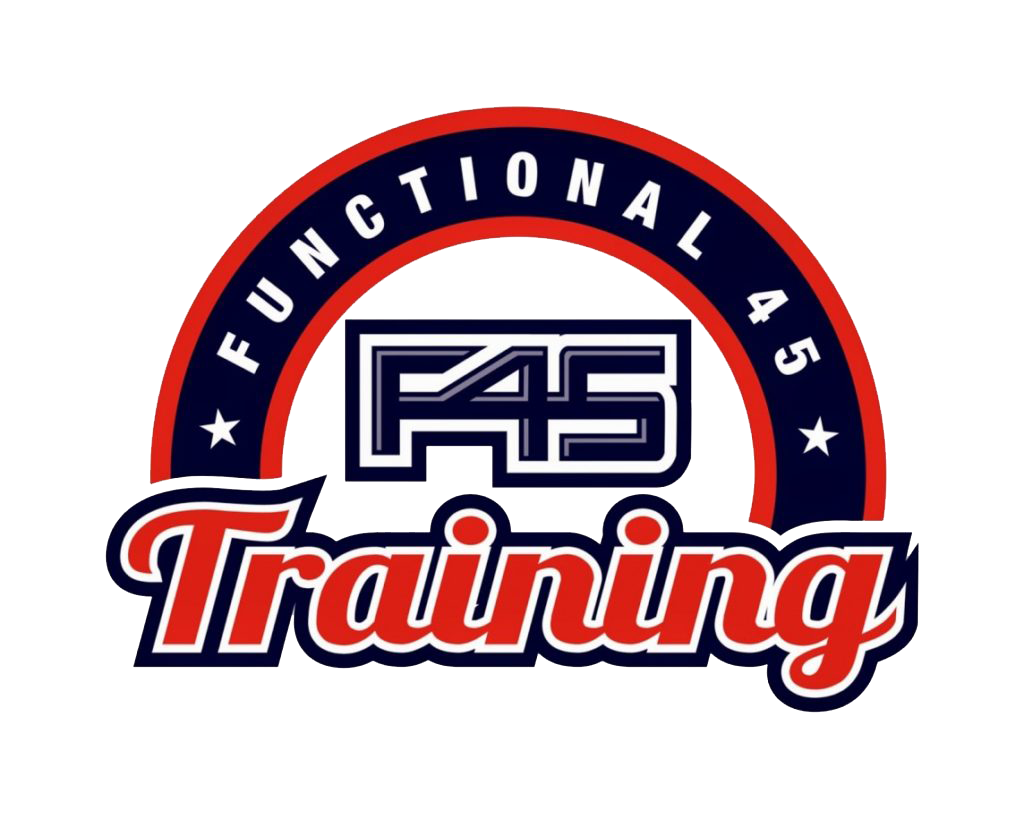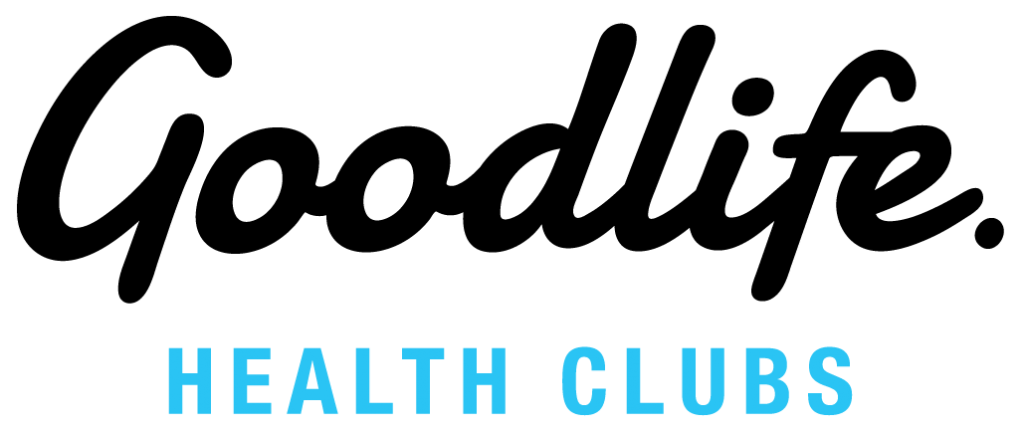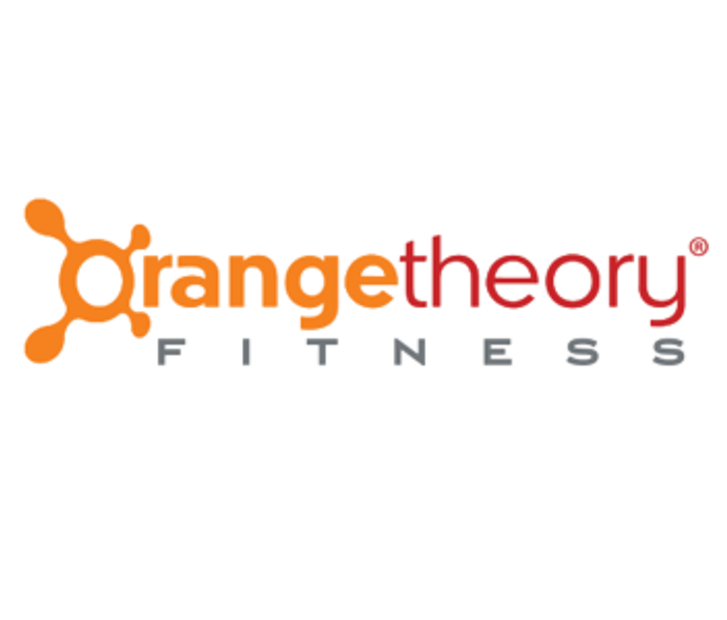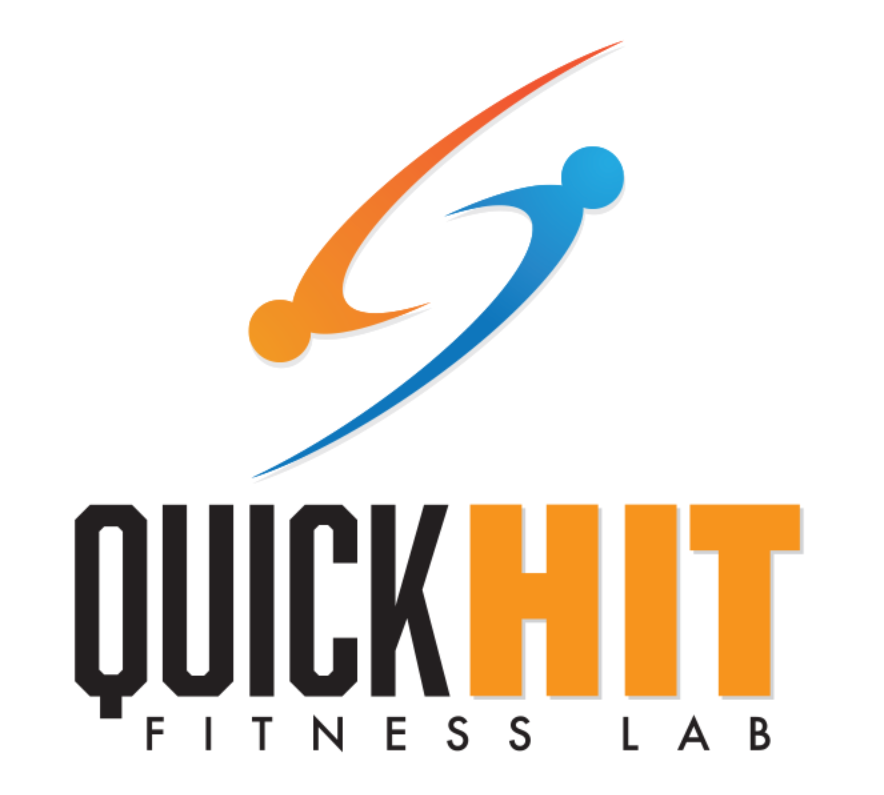Brand Experience








ChatGPT Impact: AI Advancements and Limitations Revealed
23 March, 2024
Generative AI technology, which encompasses the creation of digital content through the power of algorithms, has seen a remarkable stride in its capabilities with the introduction of ChatGPT. An integral part of this story is how it affects the Marketing industry, pushing the boundaries through innovations in Gym Marketing, Advertising For Gyms, and broader strategies like More Gym Members acquisition and Gym Lead Generation.
When ChatGPT celebrated its first anniversary, the bygone year encapsulated the colossal shifts spurred by this technology, offering a vantage point to assess its impact. It’s a virtual milestone demonstrating the continual evolution of Large Language Models (LLMs) like GPT-3, which for years have helped businesses communicate in a manner akin to human interaction, yet without fully achieving seamless integration.
The nuanced leap observed in November with the debut of ChatGPT was a testament to technological refinement. The platform brought forth the ability to generate text with a level of sophistication and authenticity that was unprecedented. Across the globe, users swiftly recognized the potential for automation in crafting emails, developing marketing copy, drafting proposals, and even programming. The AI tool’s proficiency reached a point where it could ostensibly pass university-level exams and create content indistinguishable from that of a human writer.
In the wake of ChatGPT’s release, a discussion about its long-term implications ensued, particularly its potential to transform the roles of content creators, marketers, and customer service representatives. The concern arose: might AI supplant the creative workforce? Yet, as the dust settled, it became evident that while ChatGPT was indeed a powerful tool, it also left room for refinement.
The benefits and limitations of ChatGPT are particularly relevant when utilized as a research assistant. Imagine the effort required in compiling market analysis or generating background for a promotional pitch; traditionally, these are labor-intensive tasks. In response, ChatGPT has demonstrated its agility in swiftly sifting through extensive data, condensing information into digestible formats such as bullet points or structured guides.
Notwithstanding, the tool isn’t without its challenges. Without internet connectivity, ChatGPT relies on pre-2021 data and cannot cite sources directly, introducing potential risks associated with inaccuracies or misinformation. This calls attention to the significance of human oversight in ensuring the integrity and balance of information sourced from AI, particularly for businesses in the Marketing industry aiming to remain factual and unbiased in their approaches.
One key inquiry rises to the fore: Does ChatGPT signal the obsolescence of the copywriter? The verdict leans towards the negative. ChatGPT can indeed produce content on-command, yet the results frequently necessitate additional input and refinement. Moreover, the risk of homogeneity looms—without customization, content may lack distinction, potentially stunting SEO efforts that hinge on originality and uniqueness.
Considering customer service, ChatGPT’s efficiency in providing round-the-clock responses is laudable, yet the absence of genuine emotional intelligence poses a crucial drawback. The dynamic nature of customer interactions, often steeped in emotional nuance, suggests that machine responses cannot wholly replace human empathy and understanding, integral to building consumer trust and satisfaction.
Moreover, the creative sphere where original concepts and emotional resonance are paramount, AI tools face inherent limitations. Pure creativity cannot emerge from existing data alone; hence, ChatGPT’s role in ideation is supplementary, not substitutive.
As we reflect on ChatGPT’s journey since its inception, it stands as a transformative entry within the realm of generative AI chatbots. Yet, with recognition comes the realization that refinements are necessary to address the limitations that have surfaced. Like any significant breakthrough, the pathway to perfection is iterative. In the context of the Marketing industry—where Gym Marketing and Gym Lead Generation are critical—ChatGPT is a harbinger of novel strategies, an accelerant of innovation, but not a replacement for the irreplaceable human touch.
Looking ahead, the potential for further advancements is palpable, forecasting a future where ChatGPT may not only finesse its existing toolkit but also redefine the interaction between technology, marketing, and human ingenuity.




